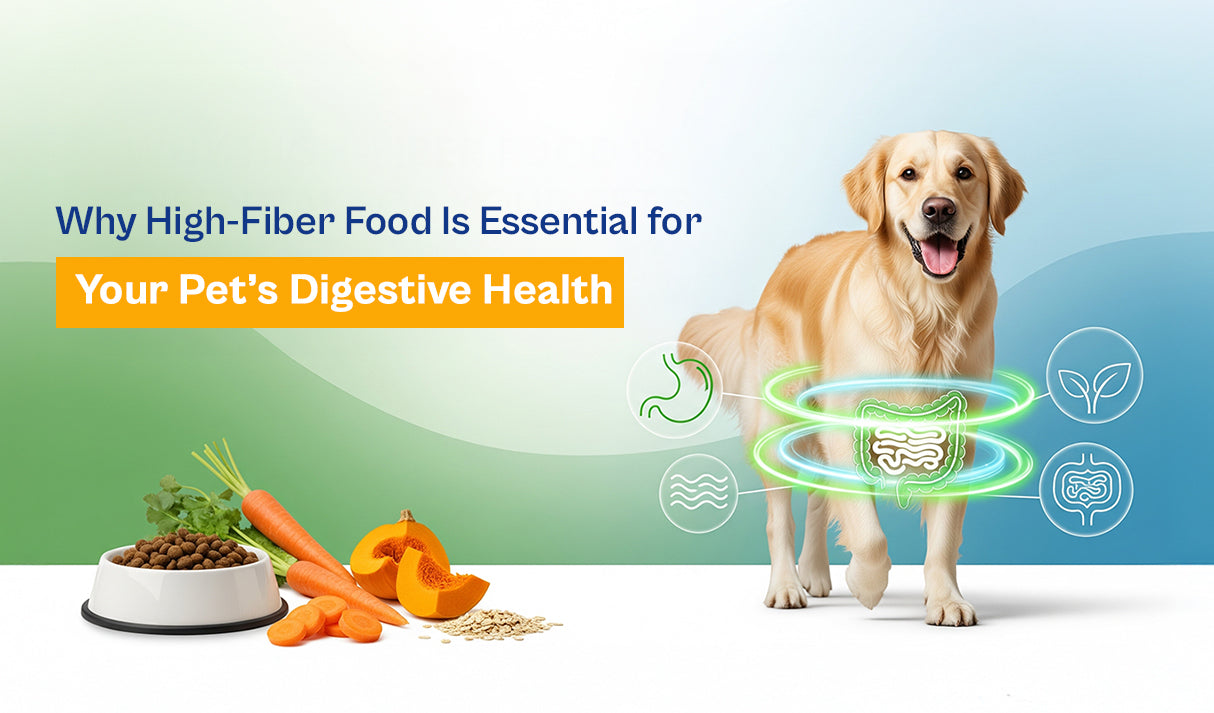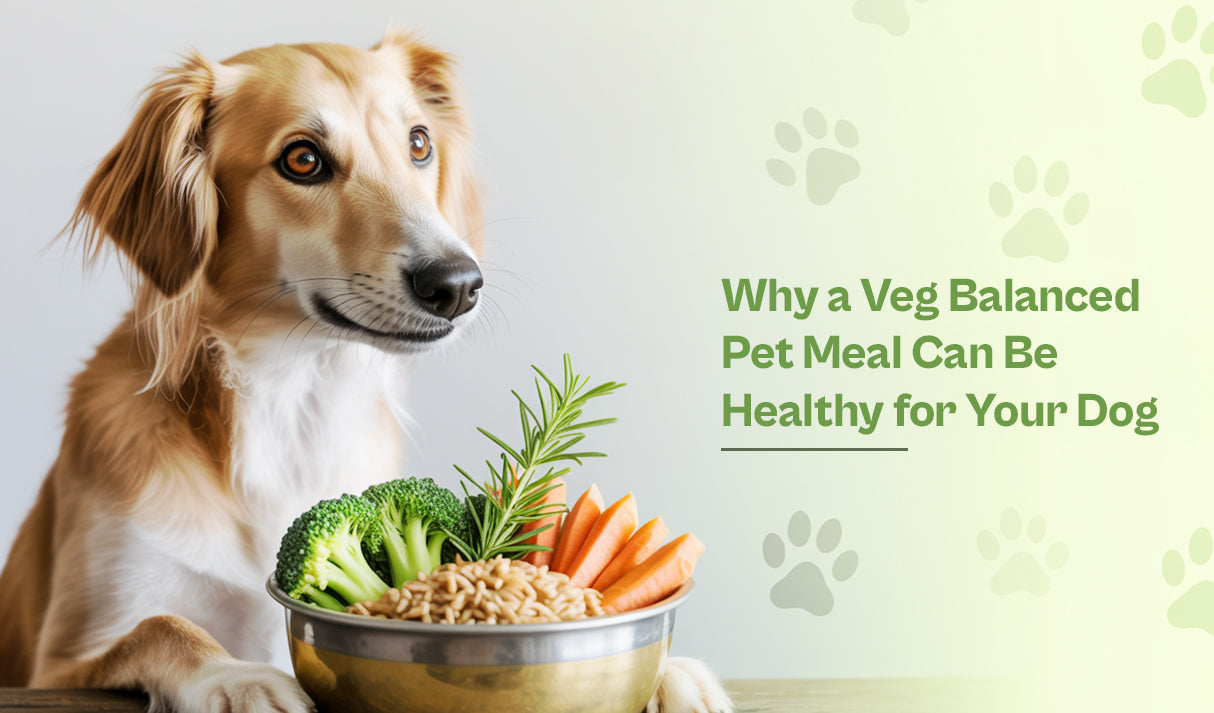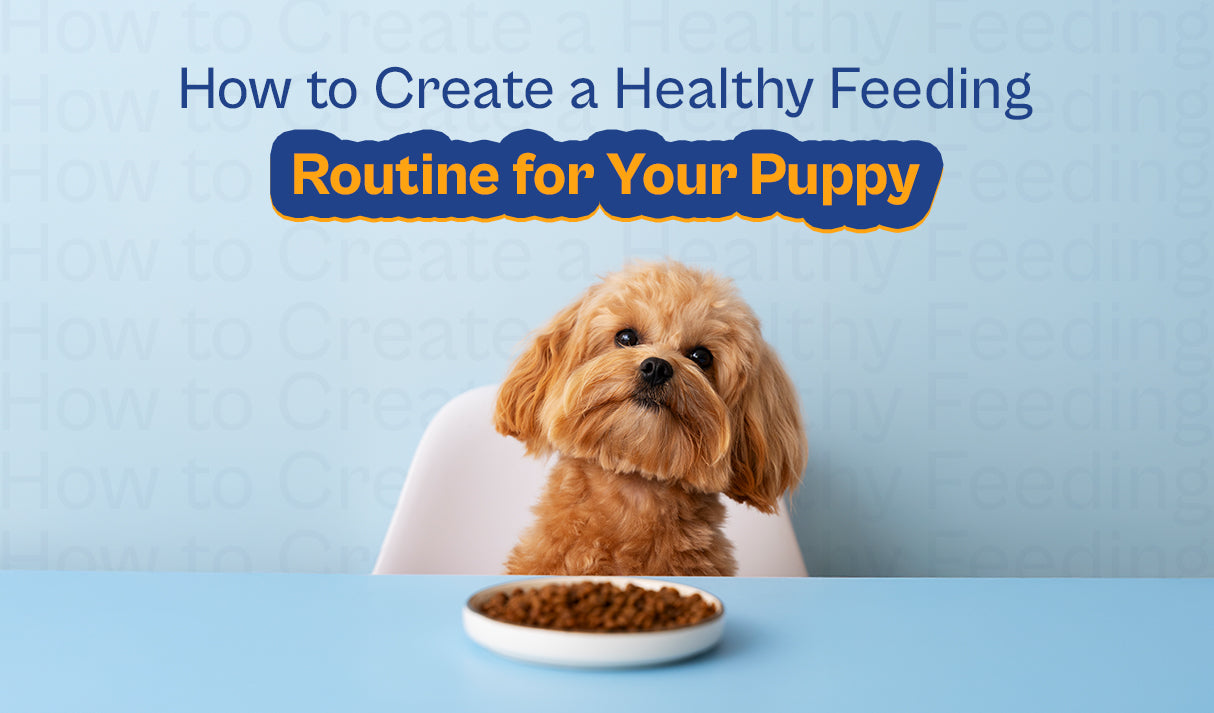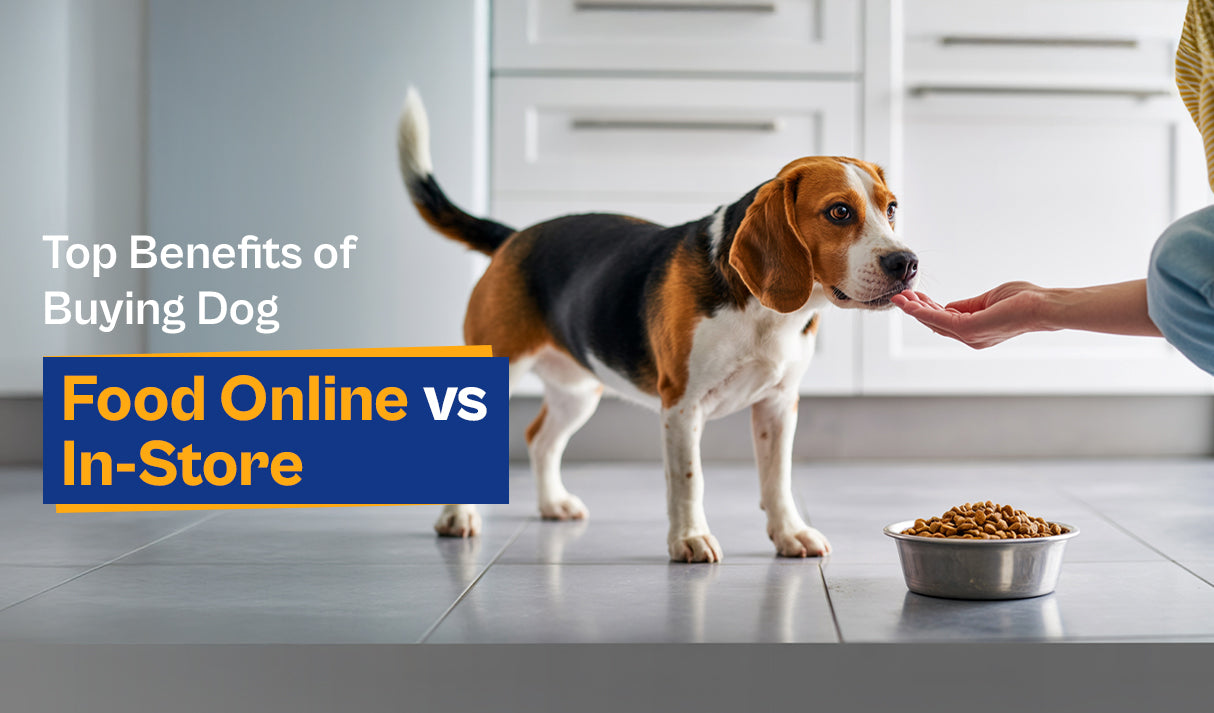Probiotics for Dogs: Why Your Furry Friend Needs Them?

It was a typical Saturday morning. Maggie, the cutest Golden Retriever, was her usual bouncy self, chasing her favourite squeaky toy. But as the days went by, Alisha, her pet parent, noticed something wasn’t quite right. Maggie seems sluggish, her once-shiny coat had lost its lustre, and she was having more ‘accidents’ than usual.
After a visit to the vet and a lot of worrying, Alisha learned that Maggie’s gut health was out of balance. The vet suggested adding probiotics to her diet, and being a caring pet parent, Alisha too was sceptical at first.
Could something as simple as a tiny bacteria really make a difference?
But within weeks, Maggie was back to her old self—full of energy, with a coat that practically glowed. That’s when Alisha realised the power of probiotics for dogs.
As a pet parent, just like Alisha, you want nothing but the best for your furry friend. Whether it’s the comfiest bed, the most durable toys, or the tastiest food, your dog’s health and happiness are top priorities. But have you ever wondered if there’s more you could be doing to support their well-being, especially their digestive health? Enter probiotics – the tiny yet mighty bacteria that can make a world of difference in your dog's life.
Why Do Dogs Need Probiotics?
Like humans, dogs can have an imbalance in their gut bacteria. This can be due to diet, stress, illness, or medication. When the balance of good and bad bacteria is disrupted, it can lead to digestive issues like diarrhoea, constipation, and gas. Probiotics help restore this balance. They increase beneficial gut bacteria to fix those issues and improve your dog's health.
But that's not all! Here are some key reasons why your dog needs probiotics:
- Improved Digestion: Probiotics help your dog digest food better and boost nutrient absorption from their diet. This means more energy for playtime and a healthier coat!
- Stronger Immune System: A significant portion of your dog’s immune system resides in their gut. Probiotics improve gut health. This boosts the immune response, helping to fight infections and diseases.
- Reduced Allergies: Some studies suggest that probiotics may help with dog allergies. They might reduce allergy severity by modulating the immune response to allergens.
- Better Mental Health: Believe it or not, your dog’s gut health can influence their mood and behavior. A balanced gut can reduce stress and anxiety, making your dog feel more relaxed and happy.
- Less Bad Breath: A healthy gut often leads to fresher breath. Probiotics can help reduce the levels of odour-causing bacteria in the mouth, making those slobbery kisses a bit more pleasant.
How to Introduce Probiotics to Your Dog’s Diet
Adding probiotics to your dog’s diet doesn’t have to be complicated. There are several ways you can incorporate these beneficial bacteria into their daily routine:
- Probiotic Supplements: The most straightforward way to introduce probiotics is through supplements. These come in various forms, including powders, capsules, and chews. Always choose a product specifically designed for dogs and follow the recommended dosage.
- Probiotic-Rich Foods: Some foods are naturally rich in probiotics, such as yoghurt and kefir. It's important to choose dog-safe products. They should be plain, unsweetened, and free from artificial additives. Also, introduce them gradually to avoid digestive upset.
- Probiotic-Enhanced Dog Food: Many high-quality pure pet food options, like those offered by Hungertail, include probiotics as part of their formula. This makes it easy to ensure your dog is getting a daily dose of good bacteria without any extra effort on your part.
When Should You Consider Probiotics for Your Dog?
Probiotics can help most dogs, but they are especially beneficial in certain situations:
- After Antibiotic Treatment: Antibiotics can wipe out both bad and good bacteria in your dog’s gut. Probiotics can help replenish the beneficial bacteria lost during treatment.
- During Stressful Events: Changes in routine, moving to a new home, or even a trip to the vet can cause stress in dogs, leading to digestive upset. Probiotics can help maintain gut balance during these times.
- For Dogs with Chronic Digestive Issues: If your dog often has digestive problems, like diarrhoea or constipation, try adding probiotics to their diet. They can help manage these issues.
- To Boost Immunity: Probiotics can help senior dogs and those with weak immune systems. They help boost immunity with ease.
A Word of Caution
Probiotics are generally safe for dogs. But, consult your vet before adding any new supplement to your dog's diet. This is especially important if your dog has a health condition.
Conclusion
Probiotics are a simple, effective way to support your dog's digestion, immune system, and health. Your furry friend will thank you for the extra care. So, whether you add a probiotic supplement, include probiotic-rich foods, or choose a grain-free dog food with probiotics, it will help.
At Hungertail, we know it's vital to give your dog the best nutrition. As a leading pet food company, our healthy pet food uses high-quality ingredients, including probiotics. They keep your dog happy, healthy, and full of life.
From fresh minced chicken and fresh chicken liver to eggs and fish, we ensure your dog gets a protein-rich diet. We also incorporate wholesome grains like oats, brown rice, and jowar for energy and digestion. For added nutrition and flavour, we use sweet potatoes, pumpkin, sunflower oil, desi ghee, and rosemary extract. These ingredients come together to create pure pet food that keeps your dog happy, healthy, and full of life.
Ready to give your dog the gift of good health? Explore our range of nutritious pet products online today and see the difference it can make!
Remember, a healthy gut means a happy pup! 🐾



